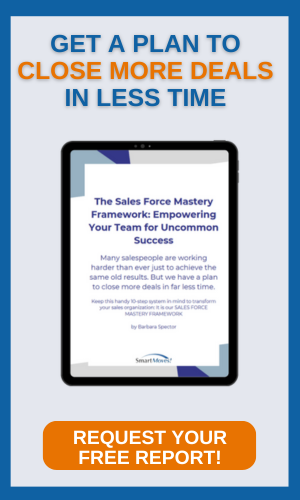Here is a great article written from the folks at Bersin:
These days there is a lot of talk about BigData in HR. And it's a good thing: there is a science to people management, and the more data we have about people the easier it becomes to make critical people decisions. Data helps us understand why some people perform better than others, why some people become strong leaders and others do not, and why some people are highly engaged and others are not.
What is your hit-rate for hiring great candidates? When I talk with peers and leaders in HR around the world, I find that most companies feel lucky if 75% of their candidates work out and 10% become high performers. It's extremely hard to find a "great candidate" and it's not just because there are a shortage of top people, it's often because we often don't truly know what we're looking for.
The Science of Fit
If you have studied I/O Psychology (Industrial and Organizational Psychology) then you know there is a vast research community which studies the traits, personality styles, and characteristics of high performing people at work. And there are hundreds of models (Myers Briggs®, a personality assessment, is often used as one such tool), most of which are based on years of research studying what skills are needed in different jobs.
Many years ago I started talking with assessment firms, and what I learned is that many of the “skills” or “competencies” needed are common from job to job. Attention to detail, time management, cognitive thinking, problem solving, and learning agility are skills that help us in nearly any job in business. But you can get far more specific.
I/O Psychologists look at jobs in great detail. They examine tasks at work and try to diagnose the skills, personality traits, experiences, and knowledge someone needs to succeed at this job (often called “KSA’s” or knowledge, skills, and abilities). This can be accomplished in a two main ways:
- We study the job itself, and ask workers and managers what they perceive to be the characteristics of high performers, or
- We study high-performers and compare them against the average, creating what we call a “high-performer analysis.”
In our Science of Fit research we looked at a variety of job roles (sales positions, leadership positions) and took advantage of this “high-performer” analysis approach. By selecting the top 10% in performance, you can compare this group’s skills, personality traits, experiences, and knowledge against the average. And if the data is statistically valid, you can create a "model" for success in that job
In this study (using data and analysis provided by Kenexa , now a division of IBM) we looked at cosmetic sales representatives, customer service reps, pharmaceutical researchers, and movie theater staff. In each of these four cases the research predicted future performance and gave the company a unique perspective on who to hire.
In addition to this approach, by the way, some tools also look at the traits of low performers, which one would consider the "derailer traits." It turns out that many high-performers also possess traits of low performers, so when you also identify these "low-performer" characteristics you get an even more accurate prediction of success. (Thanks to Lee Klepinger of Impact Achievement Group for this insight.)
Creating a Pre-Hire Assessment
Once this work is done (and you can buy off-the-shelf tools for this also), you now have the core of a "pre-hire assessment," or test and interview script which can help you identify the top people for a position.
Believe it or not, fewer than 40% of organizations use pre-hire assessment for new hires, and even fewer for internal transfers and promotions (Bersin Talent Analytics Research, 2011).
Our site offers a library of tools designed to help you take advantage of this process. What our research shows is that you may be able to more than double your success rate for hiring with just a few carefully designed assessments.
As this funnel shows, you as a manager or employer should apply these assessments or tests early in the process, long before you start interviewing and spending time on background and reference tests. Why do you think companies use computer and math problems to screen candidates? These tests help quickly understand whether a candidate has the basic skills for the job. (Read about Google's process here. )
Today the assessment market is well over $800 million in size (Bersin by Deloitte research), and includes companies like Korn Ferry, SHL, DDI, CPP (Myers Briggs) and literally thousands of smaller companies that offer specialized assessments by role and job.
Think about how you select, promote, and assess candidates in your organization. There is probably a lot more "judgment" and "experience" than science in the process.
Are pre-hire assessments unfair to candidates? Our research says no. Employers can save time and money in the screening, ultimately finding people with a strong fit for the job. And job seekers get the benefit of rapid screening, helping them figure out where their "perfect job" may be.
We are in an era of “new science of HR.” Prehire assessments are among the easiest way to apply this science to your organization.






